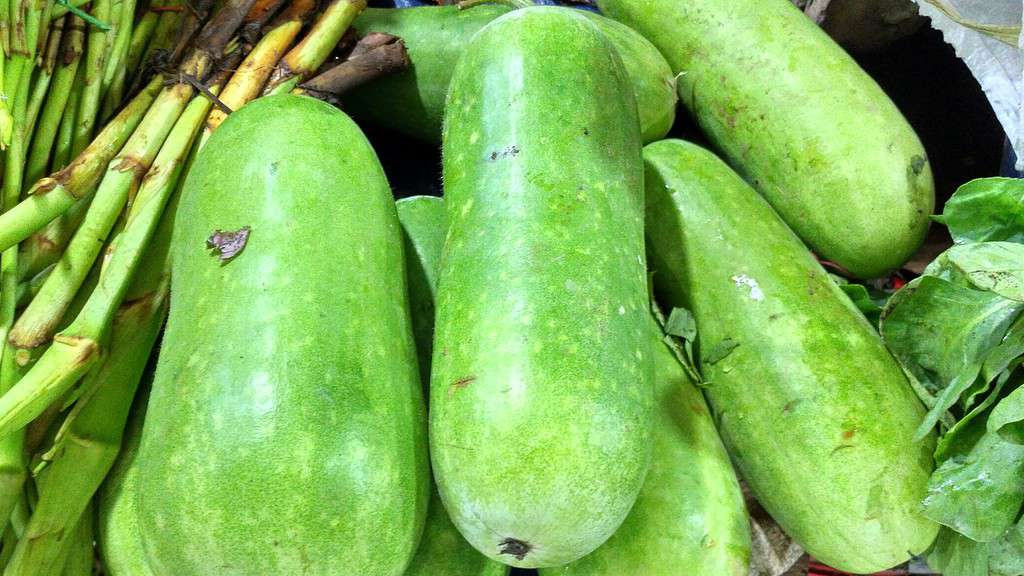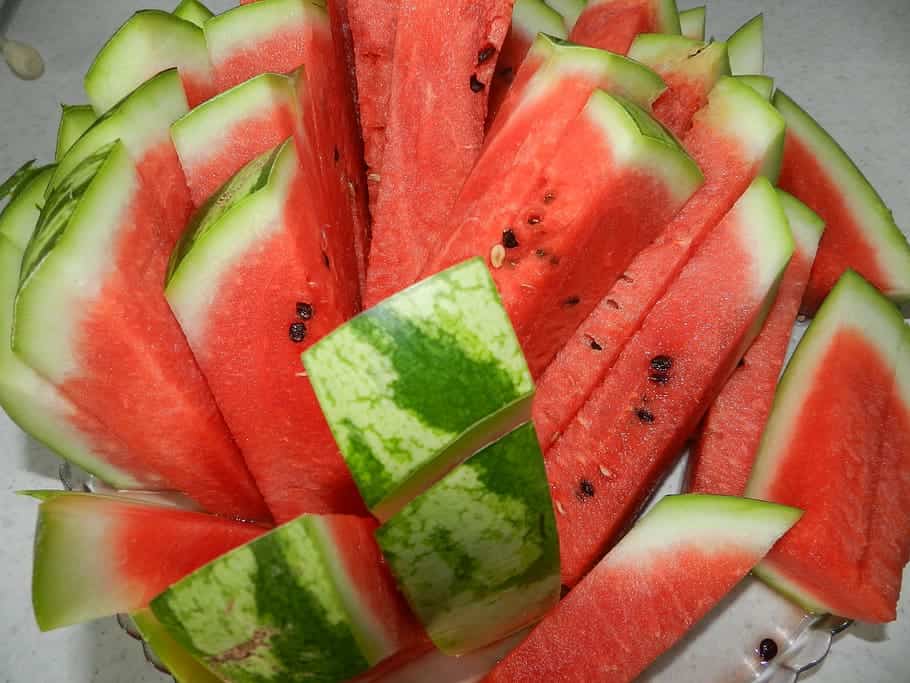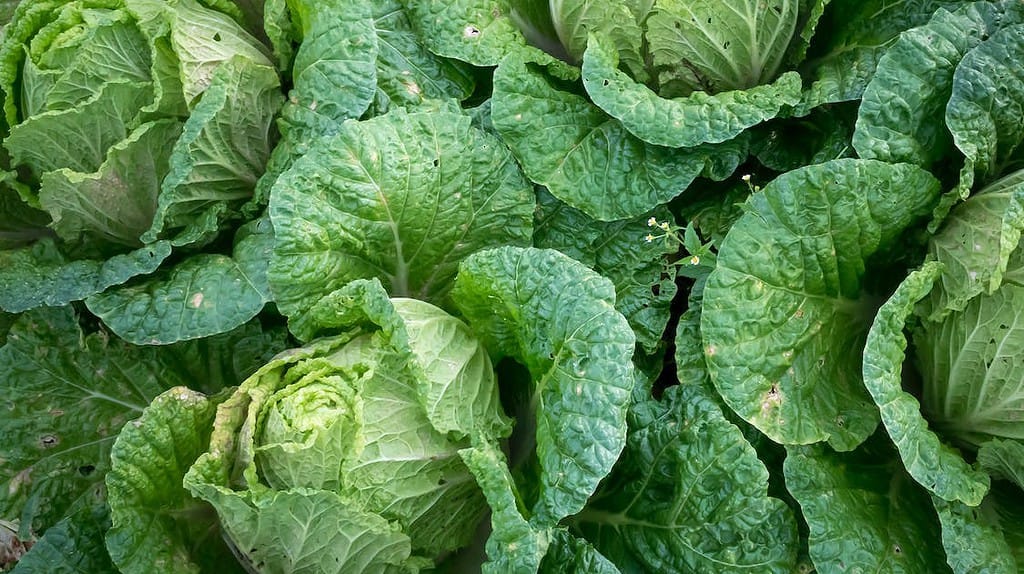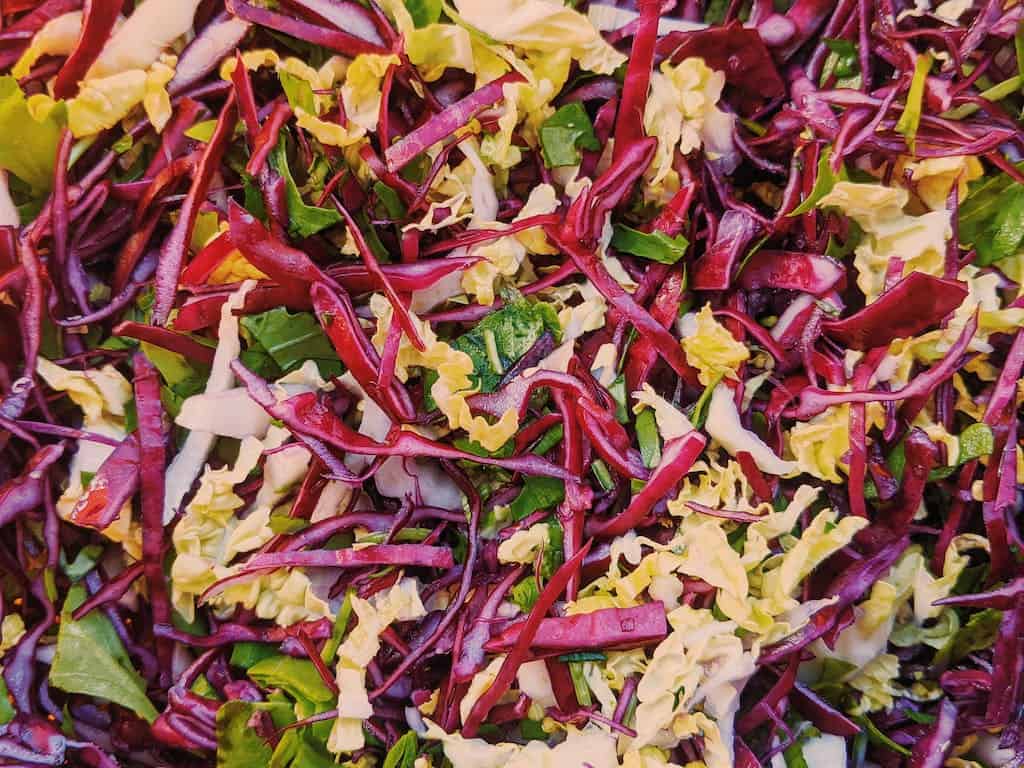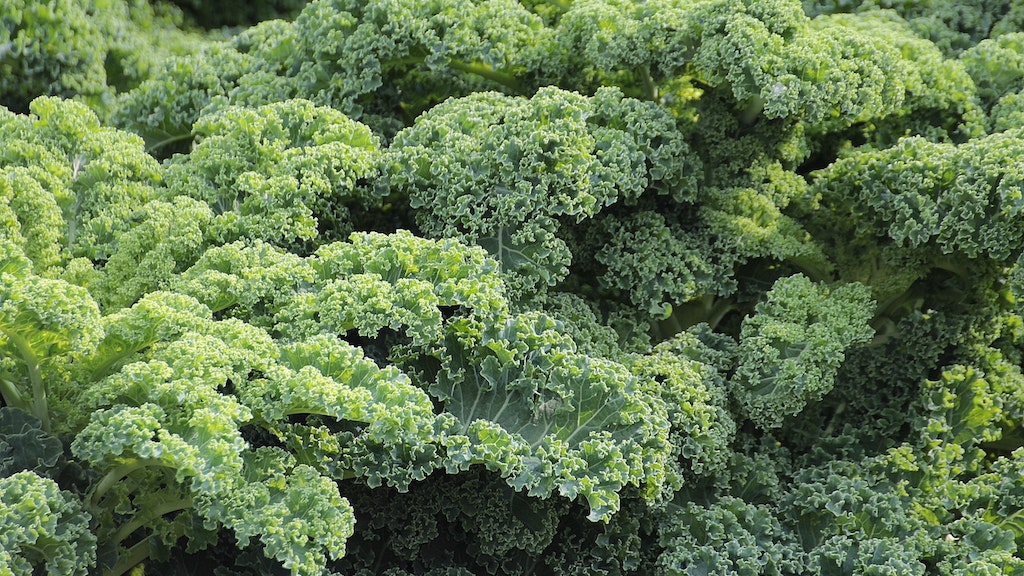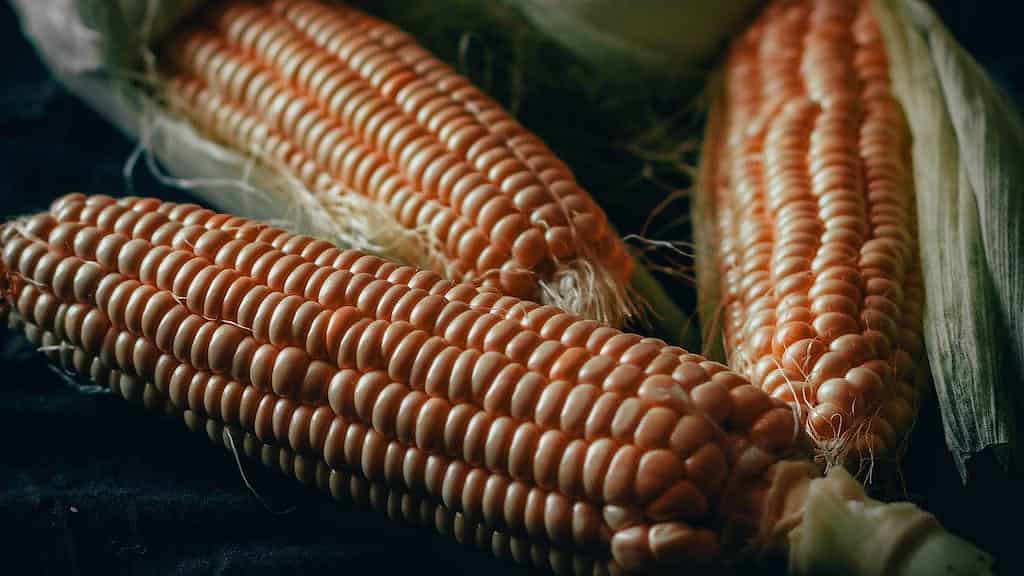Key Takeaways
- Winter melon is generally safe for dogs to eat.
- Introduce small amounts of winter melon to your dog’s diet and monitor their reaction.
- Remove the seeds and rind before feeding winter melon to your dog.
- Winter melon can provide hydration and a range of nutrients for dogs.
- Some dogs may experience digestive upset if they consume too much winter melon.
- Consult with your veterinarian before making any changes to your dog’s diet, including introducing new fruits/vegetables.
- Always consider your dog’s specific dietary needs and any allergies or sensitivities they may have.
- It’s best to feed winter melon to dogs as an occasional treat rather than a regular part of their diet.
- Observe your dog for any adverse reactions after eating winter melon, such as vomiting or diarrhea.
- If in doubt or if your dog shows any negative symptoms, it is recommended to avoid feeding winter melon to your dog.
Summary
Can dogs eat winter melon? Yes, dogs can safely consume winter melon in moderation. However, it is essential to be aware of potential risks and guidelines to ensure their health and well-being. This article explores the nutritional benefits, potential side effects, and proper serving suggestions for dogs regarding winter melon consumption. By reading further, you will gain a comprehensive understanding of the subject, enabling you to make informed decisions about incorporating this fruit into your dog’s diet.

What is Winter Melon?
Winter melon, also known as ash gourd or white gourd, is a large fruit native to Asia. It is commonly used in Asian cuisines, especially in soups, stews, and stir-fries. The winter melon has a mild, refreshing taste and a firm texture. It is loaded with nutrients including vitamins A and C, potassium, and magnesium. Many people enjoy its cooling effect on the body during hot summer months.
Is Winter Melon Safe for Dogs to Eat?
In general, winter melon is safe for dogs to eat. It can even be a healthy addition to their diet due to its low calorie and high fiber content. However, every dog is different, and it’s important to consider a few factors before feeding them winter melon.
First, make sure to remove the hard rind and seeds of the winter melon, as they can be difficult for dogs to digest. The flesh of the fruit is the part that can be safely consumed. Additionally, it’s always best to introduce new foods to your dog gradually to avoid any potential stomach upset. Start with a small amount and monitor their reaction.
Potential Benefits of Winter Melon for Dogs
Winter melon can provide several health benefits to dogs when given as a treat in moderation. Its high fiber content can aid in digestion and promote regular bowel movements. The fruit is also rich in vitamins and minerals that contribute to a strong immune system and overall well-being.
Furthermore, the high water content of winter melon can help keep dogs hydrated. This can be particularly beneficial during hot weather or if your dog doesn’t drink enough water. Just remember to consider these benefits as part of a balanced diet and consult your veterinarian for specific dietary recommendations.
Potential Risks or Concerns
While winter melon is generally safe for dogs, there are a few potential risks or concerns to be aware of. As mentioned earlier, the rind and seeds should be removed as they can pose a choking hazard or cause digestive issues.
Moreover, it’s essential not to overfeed winter melon to dogs since consuming large amounts may lead to an upset stomach or diarrhea. Some dogs may also have individual sensitivities or allergies to certain fruits, so it’s best to proceed with caution and watch for any adverse reactions.
How to Prepare Winter Melon for Dogs
To prepare winter melon for your dog, start by removing the outer rind and seeds. Then, cut the flesh into small, bite-sized pieces that are easy for your dog to chew and digest. You can serve it raw or steam it lightly to soften it further.
Remember to introduce winter melon gradually into your dog’s diet, starting with small portions to ensure their stomach tolerates it well. As with any new food, keep an eye on your dog for any signs of digestive upset or allergic reactions. If in doubt, consult your veterinarian for personalized advice.
Other Fruits Dogs Can Safely Enjoy
While winter melon can be a safe treat for dogs, there are several other fruits that can also provide nutritional benefits and be included in their diet. Some examples include apples (without seeds or stems), bananas, blueberries, strawberries, and watermelon (without seeds and rind).
Always remember to introduce new fruits gradually, remove any potential choking hazards or inedible parts, and consider the portion size according to your dog’s size and dietary needs. It’s also crucial to avoid fruits that are toxic to dogs, such as grapes, raisins, and cherries. When in doubt, consult your veterinarian for guidance.
Recipes and Alternatives to winter melon for dogs
Winter melon is not recommended for dogs as it can cause digestive issues and upset stomachs. However, there are plenty of other healthy and safe options for dog-friendly recipes. Here are some alternative foods that you can include in your dog’s diet:
Can Dogs Eat Winter Melon?
What is winter melon?
Winter melon, also known as ash gourd, white gourd, or wax gourd, is a large, oblong-shaped fruit that belongs to the cucumber family. It has a light green, waxy skin and a white, spongy flesh with a mild taste. Winter melon is commonly used in Asian cuisine and can be cooked, pickled, or used in desserts.
Is winter melon safe for dogs?
Yes, winter melon is generally safe for dogs to eat in moderation. It is low in fat and calories and contains a good amount of dietary fiber, vitamins (such as vitamin C), and minerals. However, it is important to remember that every dog is different, and some may have specific dietary restrictions or sensitivities. It is always a good idea to consult with your veterinarian before introducing any new food to your dog’s diet.
What are the benefits of feeding winter melon to dogs?
Feeding winter melon to dogs can offer several potential health benefits. It is a hydrating fruit, as it has a high water content, which can help keep your dog hydrated. Winter melon is also rich in dietary fiber, which can aid in digestion and promote a healthy gut. Additionally, it contains vitamins and minerals that can support your dog’s overall health.
Can winter melon be harmful to dogs?
While winter melon is generally safe, there are a few things to consider. The seeds and rind of the winter melon can be tough and challenging for dogs to digest. It is best to remove the seeds and peel before feeding it to your dog. Additionally, if your dog consumes an excessive amount of winter melon, it might cause digestive upset such as diarrhea or an upset stomach. Always introduce any new food gradually and in moderation to avoid any potential gastrointestinal issues.
How should winter melon be prepared for dogs?
When preparing winter melon for your dog, it is essential to remove the seeds and peel. The seeds can be a choking hazard, and the peel can be tough to digest. Cut the winter melon into small, bite-sized pieces that are appropriate for your dog’s size. You can serve it raw, cooked, or steamed, depending on your dog’s preferences. Be sure to avoid adding any seasonings, spices, or oils that may be harmful to your dog.
Are there any dogs that should not eat winter melon?
While winter melon is generally safe for dogs, some dogs may be more sensitive to certain foods. Dogs with pre-existing health conditions, such as diabetes or gastrointestinal issues, may need to avoid certain fruits, including winter melon. Additionally, dogs with food allergies or sensitivities should not be given winter melon. If you are unsure whether winter melon is suitable for your dog, consult with your veterinarian.
To wrap up the FAQ
Winter melon can be a healthy addition to your dog’s diet when fed in moderation and prepared properly. However, it is always essential to consider your dog’s individual dietary needs and consult with a veterinarian before introducing any new food. Monitoring your dog’s digestive health and any potential adverse reactions is crucial. By doing so, you can safely enjoy the benefits of winter melon as a treat for your furry friend.
Conclusion
Dogs can safely consume moderate amounts of winter melon as it offers several health benefits. This fruit is low in calories and fat, making it a suitable addition to their diet. Moreover, winter melon is high in fiber, which promotes healthy digestion and can alleviate constipation and other gastrointestinal issues in dogs. However, it is crucial to feed winter melon in moderation as excessive quantities may cause an upset stomach or diarrhea. Additionally, always remove the seeds and rind as they can be a choking hazard or potentially cause digestive issues. As with any new food, it is essential to introduce winter melon gradually and monitor your dog for any adverse reactions. If you notice any signs of allergies or discomfort, consult your veterinarian before continuing to feed your dog winter melon.
📚 Sources:
